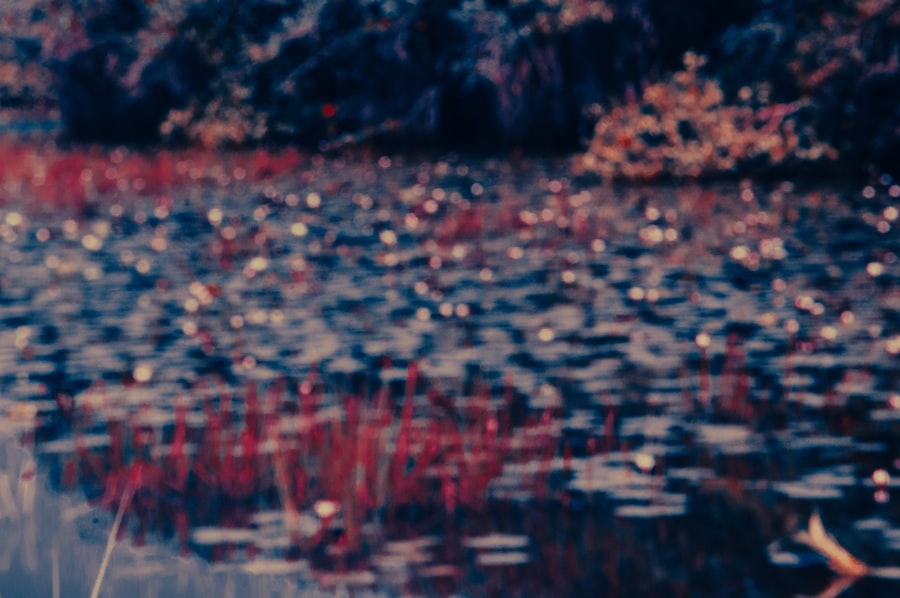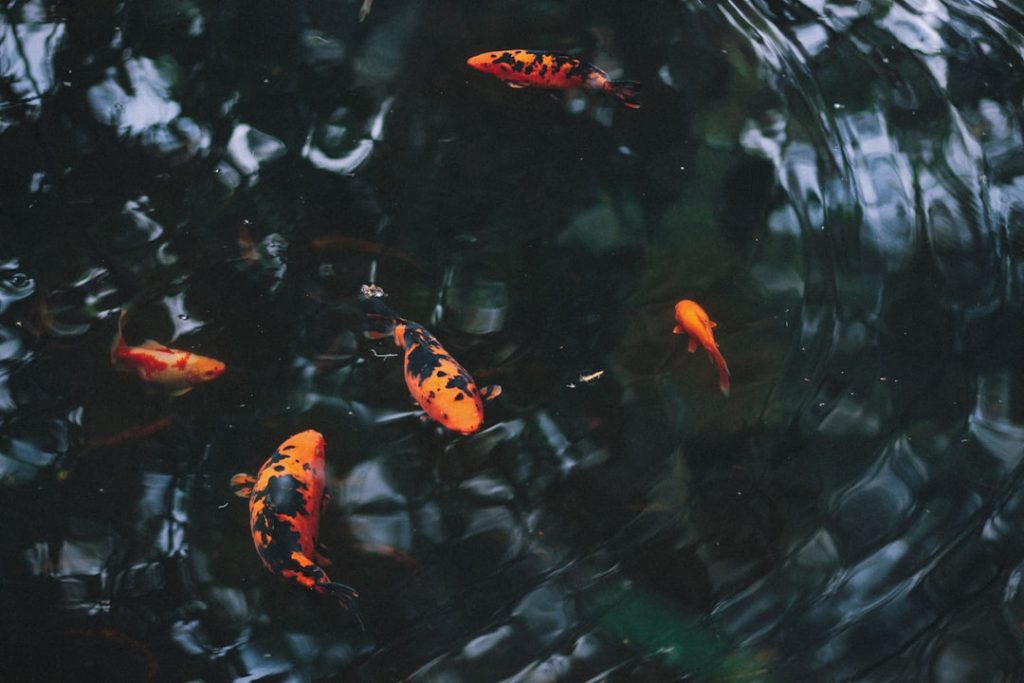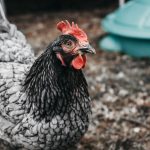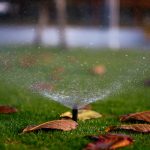Clean water is essential for chicken health and well-being. Chickens require clean water for hydration, body temperature regulation, and digestion. Inadequate clean water can lead to dehydration, resulting in decreased egg production, poor feather quality, and potential death.
Contaminated water may contain harmful bacteria and parasites that can cause illness in chickens. Young chicks and growing chickens are particularly vulnerable to dehydration and the effects of unclean water. As chickens grow, their water requirements increase to support body growth and egg production.
Providing clean water is crucial for maintaining overall health and productivity in chickens. Chicken owners have a responsibility to ensure a constant supply of clean, fresh water for their flock. This is a fundamental requirement for chicken health and well-being, directly impacting their growth, egg production, and overall vitality.
Table of Contents
- 1 Choosing the Right Watering System
- 2 Regular Cleaning and Maintenance
- 3 Providing Shade and Shelter for the Watering Area
- 4 Using Natural Additives to Keep Water Clean
- 5 Monitoring Water Quality
- 6 Tips for Preventing Algae and Bacteria Growth
- 7 FAQs
- 7.1 What are the benefits of keeping my chickens’ water clean?
- 7.2 How often should I change my chickens’ water?
- 7.3 What are some tips for keeping my chickens’ water clean?
- 7.4 What are the signs that my chickens’ water is contaminated?
- 7.5 Can I use natural methods to keep my chickens’ water clean?
Key Takeaways
- Clean water is essential for the health and well-being of chickens
- Choose a watering system that is suitable for the size and needs of your flock
- Regular cleaning and maintenance of waterers is crucial to prevent contamination
- Providing shade and shelter for the watering area can help keep the water clean and cool
- Natural additives like apple cider vinegar can help keep water clean and improve chicken health
- Regularly monitor water quality to ensure it is safe for chickens to drink
- Prevent algae and bacteria growth by keeping waterers clean and using natural additives
Choosing the Right Watering System
Traditional Watering Systems
Traditional waterers, such as open dishes or troughs, are simple and inexpensive but can easily become contaminated with dirt, droppings, and debris.
Nipple Waterers and Automatic Waterers
Nipple waterers are a popular choice for many chicken owners as they keep the water clean and prevent spillage. However, they can be more expensive and require regular maintenance to ensure they are functioning properly. Another option is the use of automatic waterers, which are connected to a water source and refill as needed. These systems are convenient and can provide a constant supply of clean water to the flock.
Maintenance and Monitoring
Regardless of the type of watering system chosen, it is important to regularly monitor and clean the waterers to ensure that chickens have access to clean and fresh water at all times. Regular cleaning and maintenance are necessary to prevent the buildup of algae and bacteria in the waterers. Ultimately, the right watering system will depend on the specific needs and preferences of the chicken owner, as well as the size and layout of the flock.
Regular Cleaning and Maintenance

Regular cleaning and maintenance of watering systems are essential for ensuring that chickens have access to clean water. Over time, waterers can become contaminated with dirt, droppings, algae, and bacteria, which can pose a health risk to the flock. Therefore, it is important for chicken owners to establish a routine for cleaning and maintaining their watering systems.
This may involve emptying and scrubbing the waterers with a mild detergent, rinsing them thoroughly, and refilling them with fresh water on a regular basis. In addition to regular cleaning, it is important to inspect the watering systems for any signs of damage or wear. Leaks, cracks, or malfunctioning parts can lead to water contamination and should be addressed promptly.
Furthermore, automatic waterers should be checked regularly to ensure that they are functioning properly and that the water supply is not interrupted. By staying on top of cleaning and maintenance tasks, chicken owners can help prevent the buildup of algae and bacteria in the waterers and ensure that their flock has access to clean and fresh water at all times.
Providing Shade and Shelter for the Watering Area
In addition to maintaining clean water, providing shade and shelter for the watering area is important for ensuring that chickens have access to clean and fresh water. Exposure to direct sunlight can cause the water in the watering systems to become warm, which can promote the growth of algae and bacteria. Therefore, it is important to place the waterers in a shaded area or provide some form of shelter to protect them from direct sunlight.
Furthermore, providing shade and shelter for the watering area can help prevent contamination from rainwater, dirt, and debris. Wet or muddy conditions around the waterers can lead to dirty water and create an environment that is conducive to the growth of harmful bacteria. By providing a dry and sheltered area for the watering systems, chicken owners can help maintain clean water for their flock and reduce the risk of waterborne illnesses.
Using Natural Additives to Keep Water Clean
In addition to regular cleaning and maintenance, chicken owners can use natural additives to help keep the water clean for their flock. Apple cider vinegar is a popular choice for many chicken owners as it has natural antibacterial properties and can help prevent the growth of algae in the waterers. Adding a small amount of apple cider vinegar to the drinking water can help maintain a healthy pH level and inhibit the growth of harmful bacteria.
Another natural additive that can be used to keep water clean is garlic. Garlic has natural antimicrobial properties and can help boost the immune system of chickens. By adding crushed garlic cloves to the drinking water, chicken owners can help prevent bacterial growth and promote overall health in their flock.
Additionally, some chicken owners choose to add probiotics or electrolytes to the drinking water to support digestive health and hydration in their flock. By using natural additives in the drinking water, chicken owners can help maintain clean and healthy water for their flock without relying on harsh chemicals or antibiotics.
Monitoring Water Quality

Regular Water Testing
Regularly testing the water for pH levels, bacterial contamination, and other impurities can help identify potential issues before they become a problem for the flock. Various testing kits are available for assessing the quality of the drinking water, or samples can be sent to a laboratory for more comprehensive analysis.
Monitoring Flock Behavior and Health
In addition to testing the water quality, chicken owners should also monitor the behavior and health of their flock for any signs of dehydration or illness. Decreased water consumption, lethargy, or changes in egg production can be indicators of poor water quality or contamination.
Taking Proactive Measures
By staying vigilant and proactive in monitoring the water quality, chicken owners can take appropriate measures to address any issues and ensure that their flock has access to clean and healthy drinking water.
Tips for Preventing Algae and Bacteria Growth
Preventing the growth of algae and bacteria in watering systems is essential for maintaining clean water for chickens. In addition to regular cleaning and maintenance, there are several tips that chicken owners can follow to help prevent algae and bacteria growth in their watering systems. One tip is to regularly scrub and rinse the waterers with a mild detergent to remove any buildup of algae or bacteria.
Additionally, keeping the waterers in a shaded area or providing shelter can help prevent sunlight from promoting algae growth. Another tip is to regularly change the drinking water to prevent stagnation and bacterial contamination. Fresh, clean water should be provided to the flock on a daily basis to ensure that they have access to a safe drinking supply.
Additionally, using natural additives such as apple cider vinegar or garlic can help inhibit the growth of algae and bacteria in the watering systems. By following these tips and staying proactive in preventing algae and bacteria growth, chicken owners can help maintain clean and healthy drinking water for their flock. In conclusion, providing clean water is essential for the health and well-being of chickens.
Choosing the right watering system, regular cleaning and maintenance, providing shade and shelter for the watering area, using natural additives, monitoring water quality, and preventing algae and bacteria growth are all important aspects of maintaining clean water for chickens. By prioritizing clean water for their flock, chicken owners can help ensure that their chickens stay healthy, productive, and thriving.
If you’re looking for more information on keeping your chickens healthy and happy, you might be interested in learning about how many eggs geese lay. Check out this article to discover more about geese breeding and egg production. It’s important to have a well-maintained coop and clean water for all your poultry, so be sure to keep your chickens’ water clean as well.
FAQs
What are the benefits of keeping my chickens’ water clean?
Keeping your chickens’ water clean is important for their health and well-being. Clean water helps prevent the spread of diseases, reduces the risk of bacterial contamination, and ensures that your chickens stay hydrated.
How often should I change my chickens’ water?
You should change your chickens’ water at least once a day, or more frequently if it becomes dirty or contaminated. In hot weather, you may need to change the water more often to prevent it from becoming warm and unappealing to your chickens.
What are some tips for keeping my chickens’ water clean?
– Use a waterer with a cover or nipple system to prevent contamination from dirt, droppings, and debris.
– Place the waterer in a shaded area to keep the water cool and discourage algae growth.
– Clean the waterer regularly with a mild detergent and rinse thoroughly to remove any residue.
– Consider using a water additive or natural supplements to promote good health and discourage bacterial growth.
What are the signs that my chickens’ water is contaminated?
Signs of contaminated water include a foul odor, discoloration, the presence of algae or slime, and a decrease in water consumption by your chickens. If you notice any of these signs, it’s important to change the water immediately and clean the waterer thoroughly.
Can I use natural methods to keep my chickens’ water clean?
Yes, you can use natural methods to keep your chickens’ water clean. Adding apple cider vinegar or a few drops of oregano oil to the water can help prevent bacterial growth and promote good health in your chickens. Additionally, providing fresh herbs such as mint or parsley in the water can help keep it clean and fresh.
Meet Walter, the feathered-friend fanatic of Florida! Nestled in the sunshine state, Walter struts through life with his feathered companions, clucking his way to happiness. With a coop that’s fancier than a five-star hotel, he’s the Don Juan of the chicken world. When he’s not teaching his hens to do the cha-cha, you’ll find him in a heated debate with his prized rooster, Sir Clucks-a-Lot. Walter’s poultry passion is no yolk; he’s the sunny-side-up guy you never knew you needed in your flock of friends!







